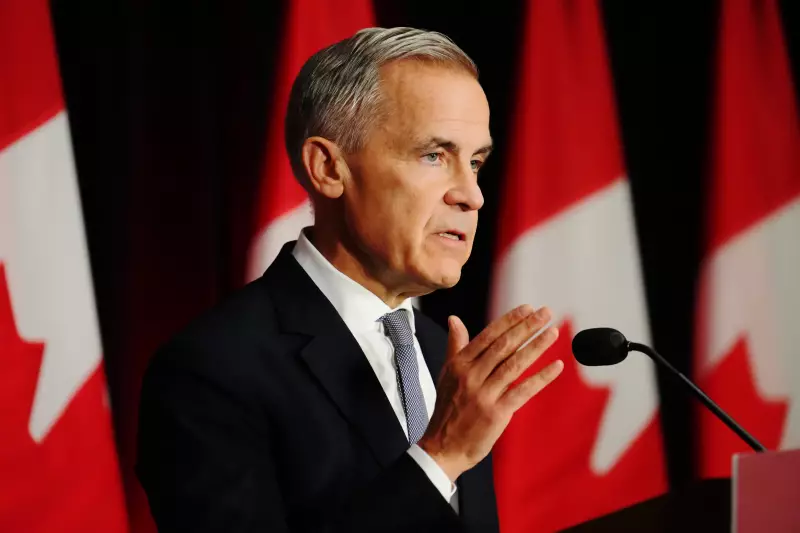
A new national survey reveals Canadians are deeply divided on the country's economic direction, with households split between prioritizing deficit reduction or making strategic investments in key areas.
The comprehensive Nanos Research survey, conducted for CTV News, shows nearly equal support for two competing fiscal approaches as the federal government prepares its upcoming budget.
The Great Canadian Divide
According to the survey findings:
- 49% of Canadians believe the government should focus on paying down the deficit, even if it means less spending on programs and services
- 46% prefer strategic investments in areas like health care and housing, even if it means running larger deficits
- The remaining respondents were unsure about their preference
Regional Variations in Economic Priorities
The survey uncovered significant regional differences in how Canadians view fiscal responsibility:
"The data suggests a nation wrestling with competing economic visions," said Nik Nanos, chief data scientist at Nanos Research. "While some Canadians are concerned about the burden of debt, others see immediate investments as crucial for addressing pressing social and economic challenges."
Housing and Healthcare Top Investment Priorities
Among those favoring strategic investments, certain areas emerged as clear priorities:
- Affordable housing ranked as the top investment priority
- Healthcare system improvements followed closely behind
- Infrastructure and climate initiatives also received significant support
The survey results arrive as the federal government faces mounting pressure to address both fiscal concerns and urgent social needs. With the budget announcement approaching, these findings highlight the delicate balancing act facing policymakers.
The divide reflects broader economic anxieties among Canadians, who are grappling with cost-of-living pressures while worrying about the country's long-term fiscal health.





